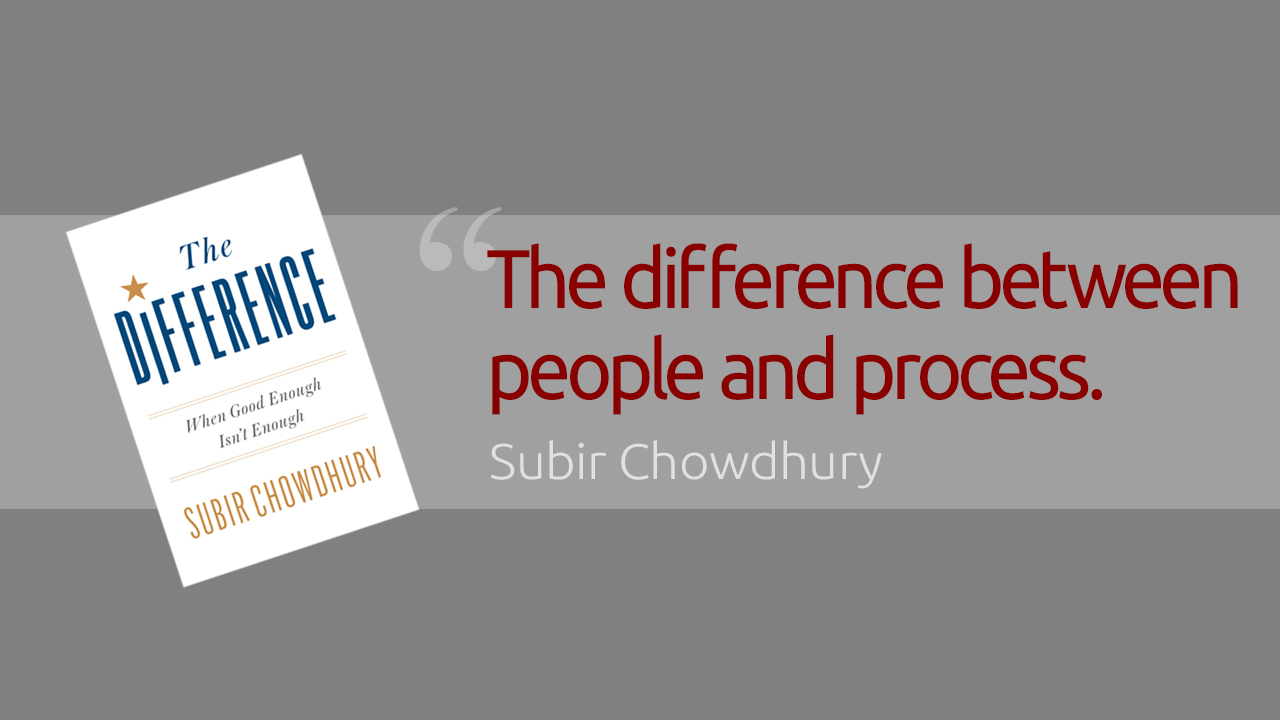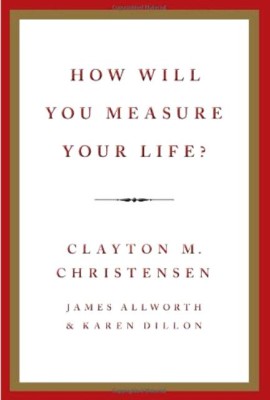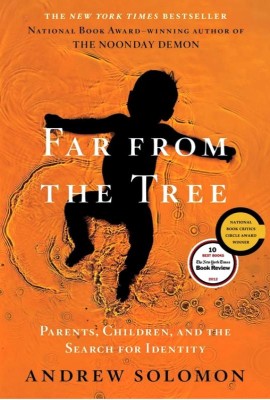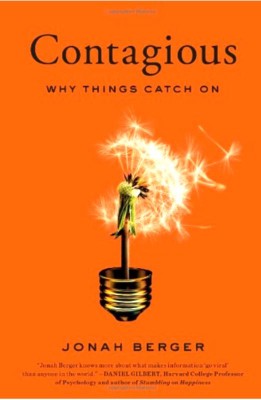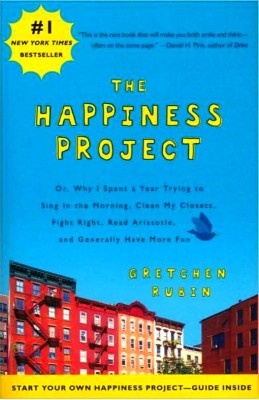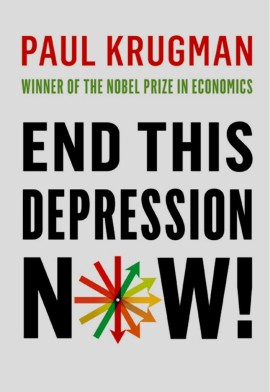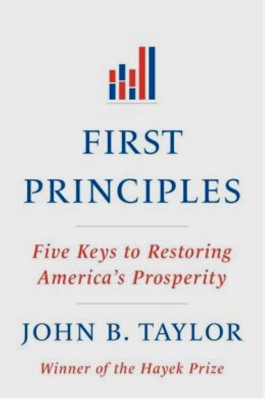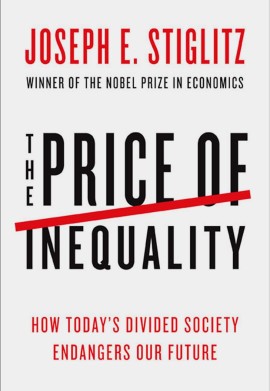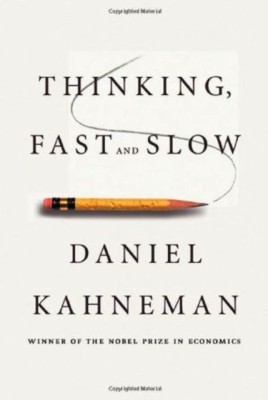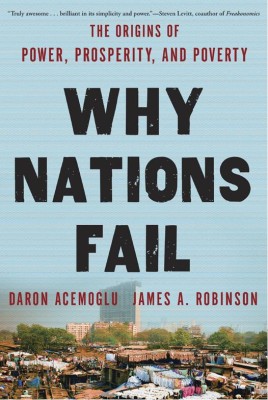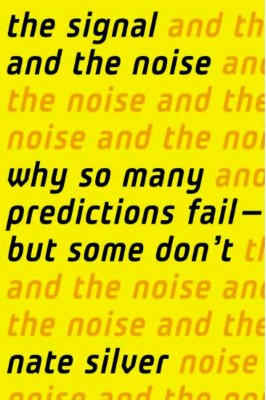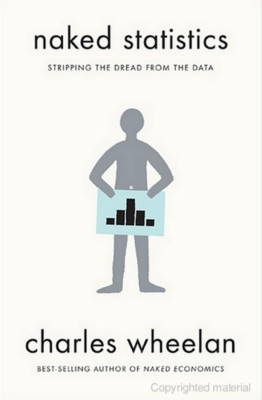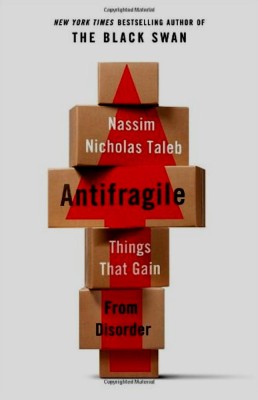There's a big difference between process and people. It's absolutely vital that you know the difference so that you can manage them better.
Quality & Me
Subir shares short stories about what people do to make a difference everywhere they go. We can make huge contributions to the way we function as a society by standing out as an example within our own community: at work, at our places of worship, among our colleagues, friends, and family. All it takes is the courage to step up and being straightforward, thoughtful, accountable, and resilient.
Mindset matters.
When it comes to quality, mindset is the difference between short-term results and long-term success.
What I’ve discovered during my work with organizations of all sizes is that you can install the best processes, and they will probably work. You may even get some decent results.
But why would you settle for “decent” when you can have extraordinary?
Here’s the secret ingredient in the difference: people.
Real, sustainable quality involves both process and people. People who have a caring mindset.
When you have a caring mindset, there is literally no end to the levels of success you can achieve.
Don’t get me wrong. Having strong processes in place are important to an organization’s success. But they are only part of the equation. Without “people” your numbers will never add up.
Even the best processes lose their power and their efficiency if the people enacting them don’t genuinely care about what they are meant to produce.
If just one person lacks a caring mindset, the dominos start to fall. A bad apple can ruin the entire bunch.
Mindset influences how we think about things. It’s that little voice inside your head that guides everything you do and say. Having an open and caring mindset is an important facet of what makes us human.
Unfortunately, not everyone has a caring mindset. I bet you know someone who can’t be bothered to understand someone else’s point of view. Or someone who gives in only because they’ve given up. Or someone else who is always blaming everyone else, never taking responsibility.
Sounds ugly, doesn’t it? You can have the best systems in place, but if people don’t care, your organization – and everyone in it – will suffer.
I once heard a CEO comment that it was important to care about customers, but that first we need to care about each other. In other words, we all need a caring mindset to fire on all cylinders.
Without people, no amount of process will improve your quality.




